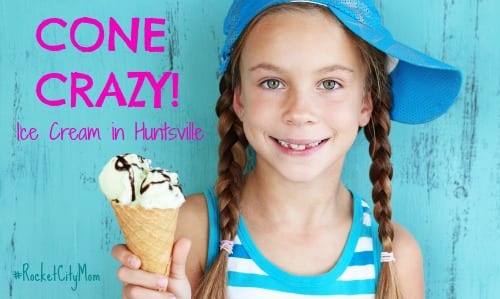Good Hair in Huntsville
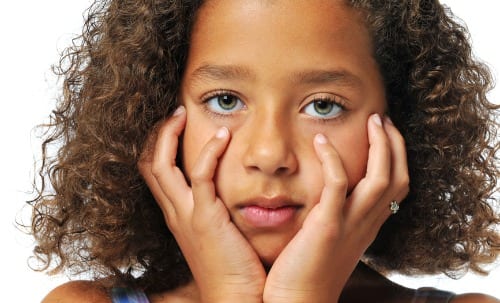
My daughter has beautiful hair. I tell her so all the time. But you know what you’ll never hear me say to my daughter? … “You have good hair.” For me, that term – good hair – is loaded with assumptions, not the least of which is the implication that some hair must also be bad.
And while I’ve made a conscious effort not to refer to my daughter’s hair as good, other people do it all the time. I mostly offer a half smile, half cringe in response. I know it’s meant to be a compliment, but I also know that it’s meant to signify that my daughter doesn’t have stereotypical African American hair. (And certainly not the type of hair one would expect to see on the head of a child with so chocolate a hue; but that’s another, although not entirely separate, story.)
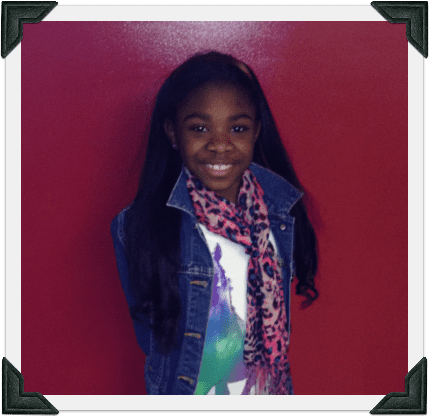
[sws_pullquote_right]”As you may have noticed, it ain’t all about the hair. There are underlying issues here of identity, self-esteem, and societal expectations.” [/sws_pullquote_right] The roots (pun intended) of this issue run deep, and in speaking with a couple of mothers about caring for the hair of their little girls of color, as well as a resident natural hair care expert, a few of those layers began to unfold.
Both of the mothers I spoke to have daughters who have multi-ethnic backgrounds and each of them shared with me the difficulty they’ve had in either finding the right products or hair care regimen for their children, in part because their daughters’ hair is so different from their own.
But Lindsay*, who happens to be Caucasian, also shared how that difference has impacted her daughter’s self-identity. “Just this morning, when I was brushing her hair, she asked me why her hair is so tangly and mine isn’t. I try to explain to her that everyone has different hair and that everyone’s hair is beautiful. Some people have to spend a little more time brushing and styling their hair than others, but that doesn’t make their hair any less beautiful.”
Christina described her daughter’s hair, a combination of her Mexican, Cuban and Nevisian heritage as “medium course with tight curly roots and wavy towards the ends.” She said that in her household, they actually try not to make a big deal out of it. And her daughter has even taken a lighthearted approach to her sometimes wild and frizzy hair by proclaiming, “I have mad hair!”
The one thing that I and the two moms I talked to all have in common is that our daughters love to have their hair flat ironed or blow dried straight. Let’s face it; the gold standard of beauty in our society still revolves around having long, straight hair and not the kinky, curly variety. And that viewpoint has not been lost on our daughters. So, the go-to solution for natural hair has often been chemical straightening or relaxing, an option that at least one of the mothers I spoke to has considered to better manage her daughter’s hair.
Without question, though, these mothers prefer their daughters’ natural curls. Lindsay said, “What I love most about my daughter’s hair is her cute bouncy curls. If only I could find a way to keep them from frizzing… I know that she would start loving her hair, too.” And so it seems, to straighten or not to straighten. That is often the question.
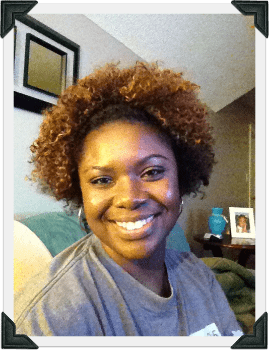
I stopped relaxing my hair 14 years ago, and it was quite a process. But now, lots of African American women are “going natural” and the hair care industry has exploded with products and services to support them. But when Ambrey McWilliams began her natural hair journey in 2010, she was frustrated by the lack of local access to many of these products, so she eventually started her own website, PURESS, offering products, resources, and social events, for other naturals in Huntsville.
Ambrey decided to go natural after realizing that she’d never really taken care of her own hair. Her mother pressed her hair as a child, and she started getting relaxers in college. Transitioning back to her natural texture, Ambrey challenged herself to 100 days of no “crutches”- no salons and no straightening (chemical or otherwise). But what surprised her most were the deep-seated reactions she sometimes got from people who appeared offended or insecure about her decision. But Ambrey really wanted to get to know her hair. In the process, she developed a passion for learning to care for her hair chemical-free. So, I thought Ambrey would be the perfect person to offer a little advice for moms who may be dealing with this issue.
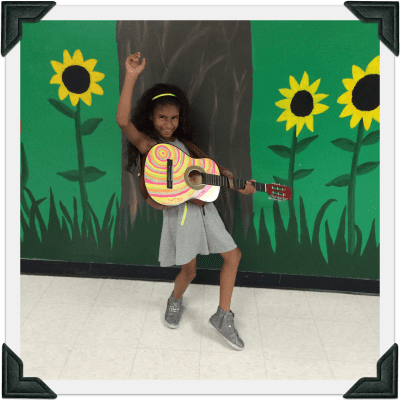
One of the first things Ambrey mentioned was that people of color have an array of hair textures. And while there are typing systems available to categorize natural hair, Ambrey recommends paying attention to one’s hair density, porosity, and texture to maintain healthy hair. She also suggested that parents immerse themselves in all the knowledge that’s available online, but to “Keep your regimen simple. With kids, too many steps can make the already lengthy process, unbearable.” And most importantly, “Don’t give up! Natural hair requires dedication. You must find value and beauty in it to keep going when it gets frustrating.”
What constitutes “good hair” is a matter of perspective, but the term still creates some tension for me because, as you may have noticed, it ain’t all about the hair. There are underlying issues here of identity, self-esteem, and societal expectations. But how a girl decides to wear or style her hair is also matter of personal preference. And as long as its worn with pride… it’s all good.
For more information on this topic, check out the bevy of resources Ambrey shared with me below.
BOOKS:
BLOGS:
Chocolate Hair Vanilla Care – blog of Caucasian mom raising an African American child
The Natural Haven – A great blog that is comes from a scientific perspective.
Black Hair Science – blog of author of science of black hair
De Su Mama – blog with articles about mixed race hair care
Dr. Kari Williams – blog by Dr. Kari Williams a trichologist
Curly Nikki – the Mecca of natural hair articles
YOUTUBE CHANNELS:
LOCAL MEETUP GROUPS & EVENTS
Natural Curlfriends of Huntsville
*The mothers’ names in this post have been changed for privacy.
Taralyn Caudle is a freelance writer and Huntsville native who returned to her hometown to raise her beautiful and energetic daughter, Gabby. When she’s not nurturing the talents of her budding artist, she can be found on the hunt for good food, good music, or a good deal on a pair of shoes. Practically possessed by politics, purple, and Prince, she loves alliteration (obviously) and has been known to quote music lyrics in everyday conversation, from Hall & Oates to Kanye West Kendrick Lamar. Her current philosophy on life: a little bit of sarcasm and a whole lot of laughter never hurt anybody.



